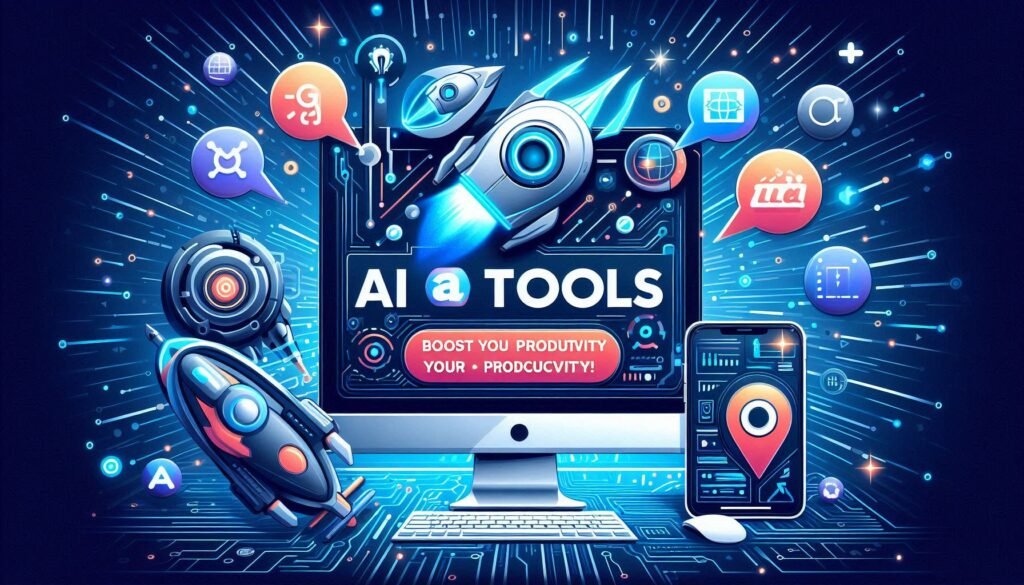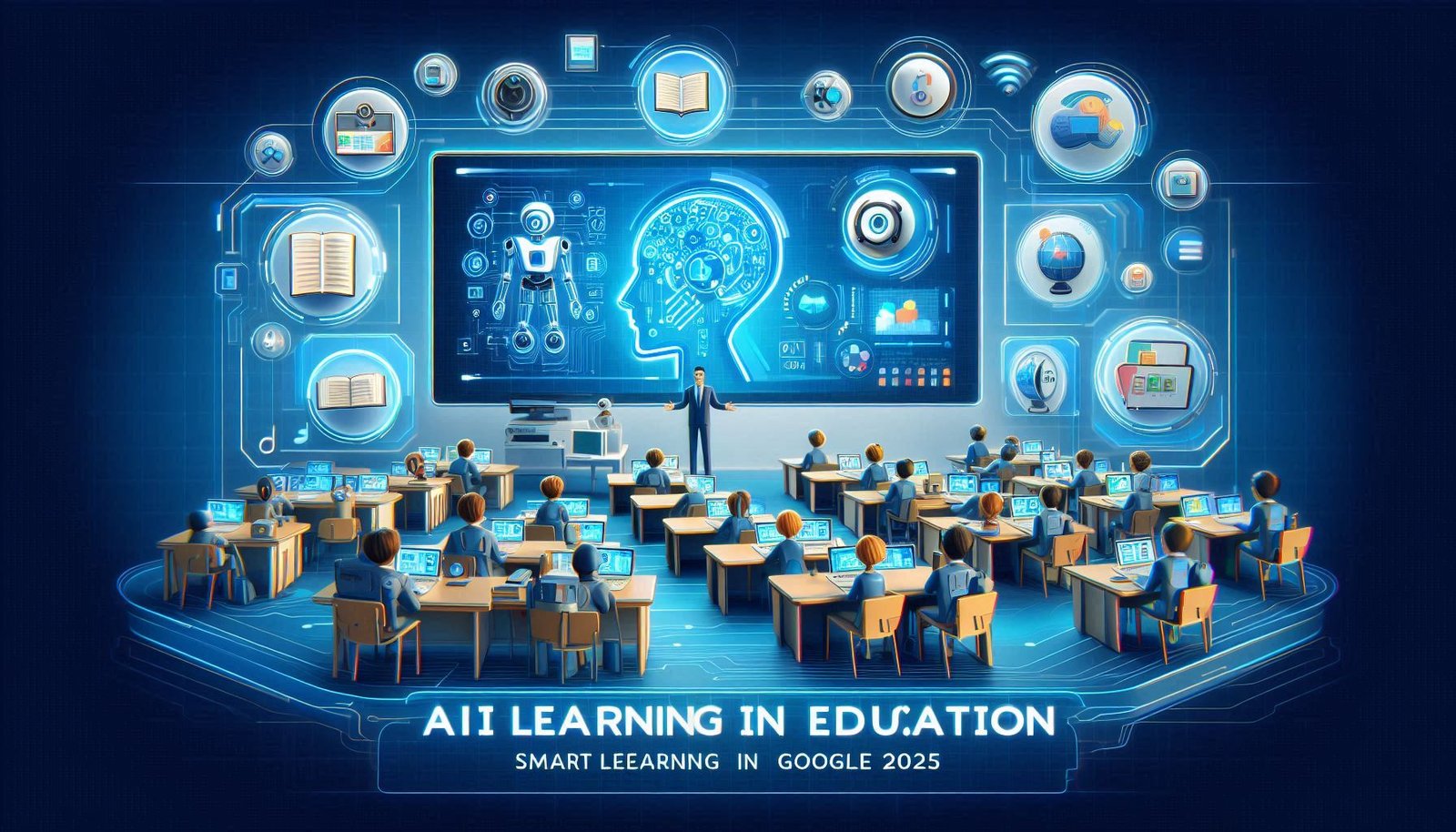Artificial Intelligence (AI) is revolutionizing the education sector by enhancing personalized learning, automating administrative tasks, and making quality education accessible to all. In 2025, AI-powered tools are reshaping how students learn, teachers instruct, and institutions manage educational resources. Let’s explore how AI is making a significant impact in education.
(Learn more about AI in education from Wikipedia and Microsoft AI.)
1. Personalized Learning with AI
Traditional education follows a one-size-fits-all approach, but AI enables customized learning experiences by:
- Analyzing student performance and suggesting tailored study plans.
- Offering adaptive learning platforms like AI-powered tutoring systems.
- Providing instant feedback and assessments, helping students improve faster.
Example: AI tools like Coursera and Khan Academy use machine learning to recommend courses based on student preferences and progress.
2. AI-Powered Virtual Tutors & Assistants
AI-driven chatbots and virtual assistants help students by:
- Answering academic queries 24/7.
- Offering real-time tutoring and doubt-solving sessions.
- Guiding students in career counseling based on their skills and interests.
Example: Platforms like Squirrel AI provide AI-powered tutoring that adapts to each student’s learning speed.
3. Automation of Administrative Tasks
AI reduces the burden on teachers and administrators by automating tasks such as:
- Grading assignments and exams.
- Scheduling classes and managing student attendance.
- Handling admissions and student queries through AI chatbots.
This allows educators to focus more on teaching and mentoring rather than paperwork.
4. Smart Classrooms & AI-Powered Tools
AI is making classrooms smarter with features like:
- AI-based attendance systems using facial recognition.
- Smartboards that provide interactive and engaging lessons.
- AI tools that translate lectures into multiple languages for global accessibility.
Example: Google Classroom and Microsoft Teams integrate AI features to enhance virtual and hybrid learning experiences.
5. AI in Exam Proctoring & Cheating Prevention
With the rise of online learning, AI helps in:
- Monitoring students during exams through webcam analysis.
- Detecting suspicious activities using AI-based proctoring software.
- Ensuring fair assessment by analyzing students’ typing patterns and behavior.
Example: Tools like ProctorU and Examity use AI to prevent cheating in online exams.
6. AI-Driven Career Guidance & Skill Development
AI-powered career guidance tools help students choose the right career path by:
- Analyzing their strengths and interests.
- Suggesting relevant courses and certifications.
- Providing job market insights and future career trends.
Example: AI-driven platforms like LinkedIn Learning recommend courses to upskill professionals based on their industry trends.
7. Challenges & Future of AI in Education
Despite its benefits, AI in education faces some challenges:
- Data Privacy Concerns: AI tools collect student data, raising privacy issues.
- High Implementation Costs: Advanced AI systems require significant investment.
- Need for Teacher Training: Educators must be trained to use AI-powered tools effectively.

However, continuous advancements in AI are addressing these challenges, making education more efficient and accessible worldwide.
Conclusion
AI is transforming education by making learning more personalized, efficient, and accessible. As AI technology continues to evolve, students and educators will benefit from smarter, more interactive, and data-driven educational experiences.
How AI is Transforming Education in 2025
Table of Contents
For more insights on AI in education, visit Computer Academy.
🚀 How do you think AI will shape the future of education? Let us know in the comments! 😊

